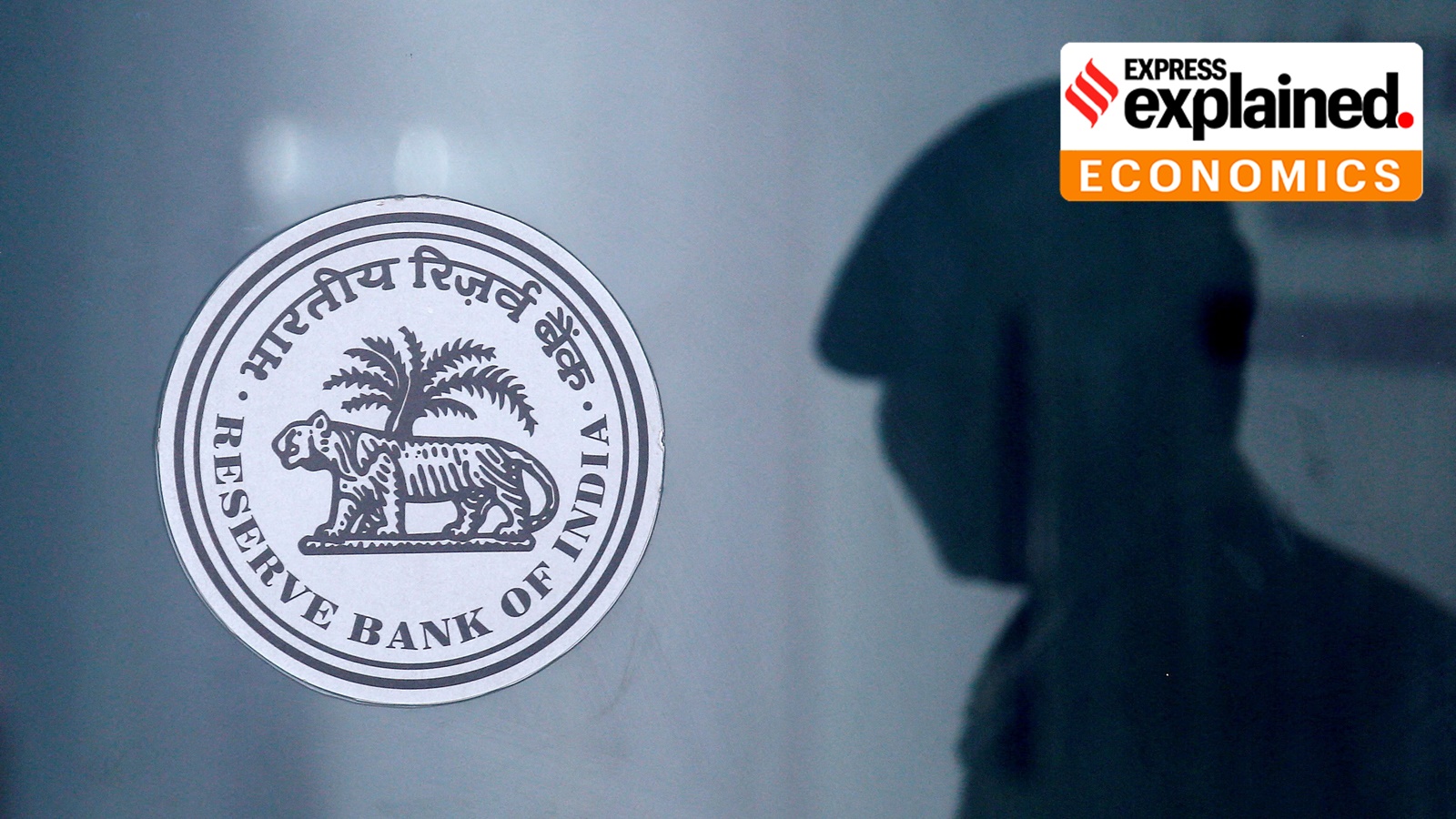The Reserve Bank of India (RBI) has come across instances of lenders resorting to certain unfair practices in charging of excess interest from borrowers. The RBI, through its supervisory teams, has advised banks to refund such excess interest and other charges to customers.
During the course of the onsite examination of banks and Non-Banking Financial Corporations (NBFCs) for the period ending March 31, 2023, the RBI found that banks were charging of interest from the date of sanction of loan or date of execution of loan agreement, and not from the date of actual disbursement of the funds to the customer.
Similarly, in the case of loans being disbursed by cheque, instances were observed where interest was charged from the date of the cheque whereas the cheque was handed over to the customer several days later, the RBI said.
In the case of disbursal or repayment of loans during the course of the month, some banks were charging interest for the entire month, rather than charging interest only for the period for which the loan was outstanding. It was also observed that banks were collecting one or more instalments in advance but reckoning the full loan amount for charging interest.
What’s the latest RBI directive?
In a circular issued on Monday (April 29), the RBI directed banks and NBFCs to review their practices regarding mode of disbursal of loans, application of interest and other charges and take corrective action, including system level changes, as may be necessary, to address the issues highlighted by the RBI.

What’s the RBI policy on interest rate?
The guidelines on Fair Practices Code, issued to various Regulated Entities (REs) like banks and NBFCs since 2003, advocate fairness and transparency in charging of interest by the lenders, while providing adequate freedom to banks as regards their loan pricing policy.
Non-standard practices of charging interest are not in consonance with the spirit of fairness and transparency while dealing with customers.
“These are matters of serious concern to the Reserve Bank. Wherever such practices have come to light, the RBI through its supervisory teams has advised banks to refund such excess interest and other charges to customers. Banks are also being encouraged to use online account transfers in lieu of cheques being issued in a few cases for loan disbursal,” it said.
Do banks inform borrowers about changes in interest rates?
A major complaint of borrowers is that banks don’t inform them properly about the change in interest rates. At the time of sanction, banks are supposed to clearly communicate to the borrowers about the possible impact of change in benchmark interest rate on the loan leading to changes in EMI and/or tenor or both.
Subsequently, any increase in the EMI/ tenor or both on account of the above should be communicated to the borrower immediately through appropriate channels.
At the time of reset of interest rates, REs should provide the option to the borrowers to switch over to a fixed rate as per their Board approved policy. The policy may also specify the number of times a borrower will be allowed to switch during the tenor of the loan. However, these norms are not often practised by banks, according to a banking source.

Omprakash Tiwary is a business writer who delves into the intricacies of the corporate world. With a focus on finance and economic landscape. He offers readers valuable insights into market trends, entrepreneurship, and economic developments.


